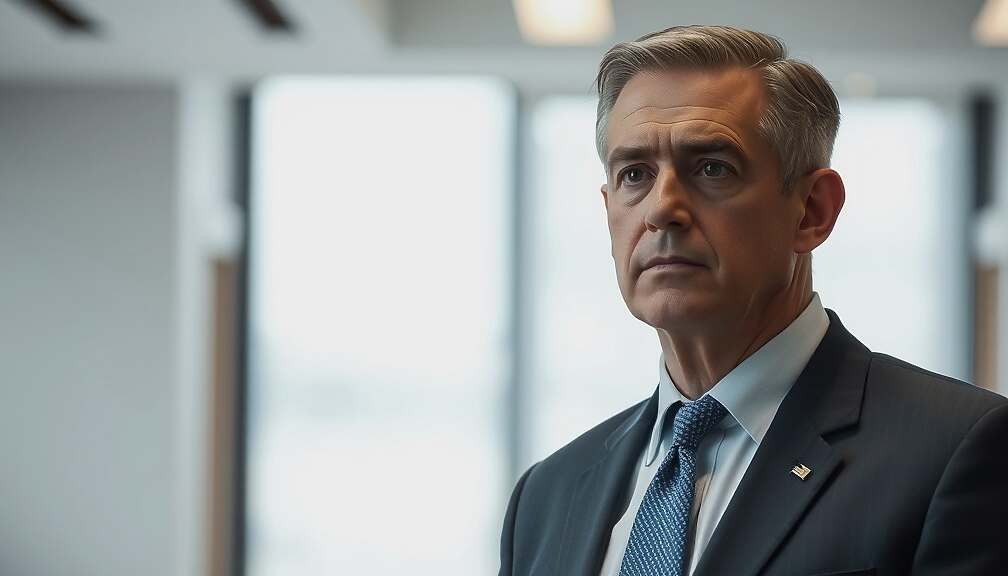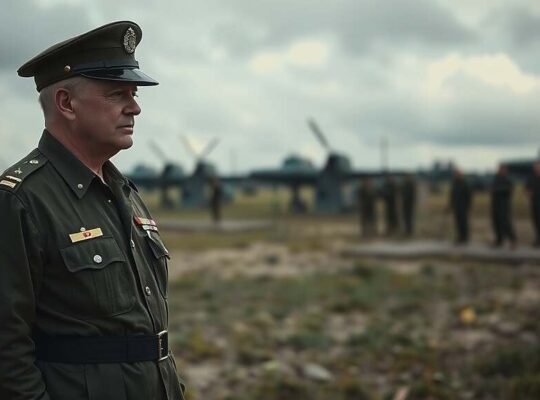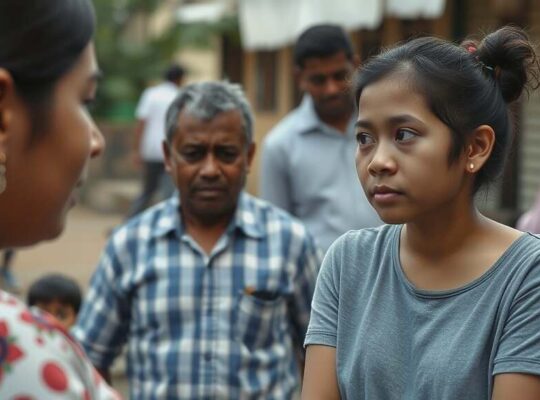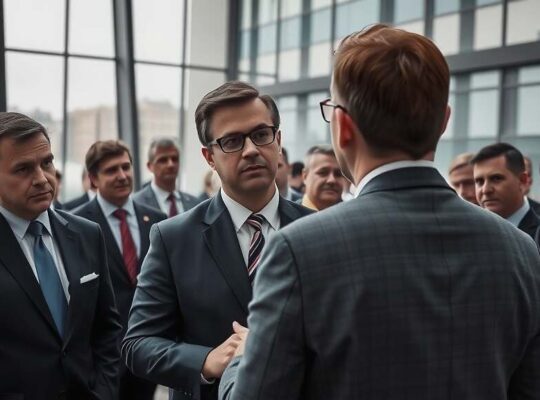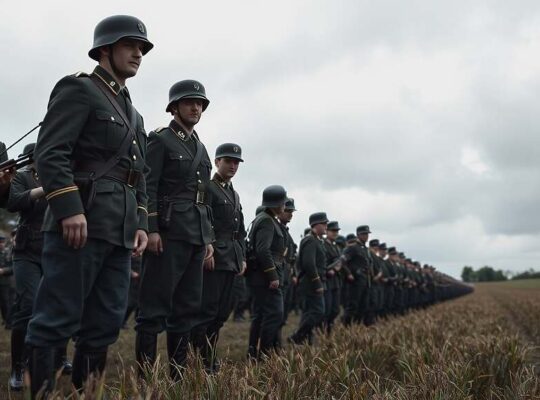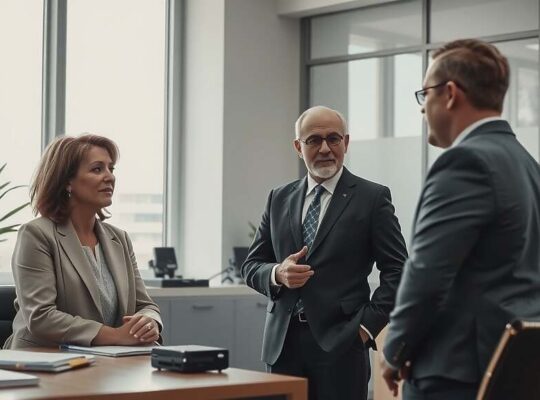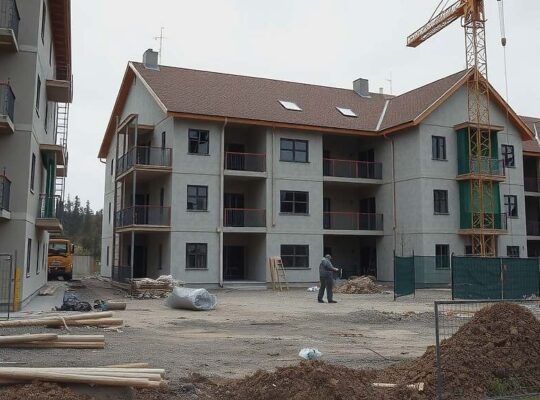Ahead of parliamentary discussions regarding the proposed new military service framework, the parliamentary commissioner for the armed forces, Henning Otte (CDU), has called for revisions to facilitate a potentially faster transition to mandatory service if necessary. While acknowledging the merits of prioritizing voluntary participation, Mr. Otte expressed considerable doubts about its feasibility, citing the Bundeswehr’s ongoing struggle to achieve sufficient troop strength as a volunteer-based army.
He emphasized the imperative to establish preparatory conditions now, enabling a rapid shift towards compulsory elements should the need arise. A critical evaluation, focusing on response rates to registration questionnaires and the level of demonstrated voluntary interest, should be conducted relatively soon after data collection. A lengthy period of observation, lasting a year or more, is deemed unsustainable.
Mr. Otte clarified that compulsory military service would not be a panacea but rather an integral element of a broader security policy approach. The new law, intended to modernize military service through attracting volunteers, originally planned for its initial reading in the Bundestag next Thursday, with a target adoption by year-end. However, deliberations have been temporarily suspended by the CDU/CSU governing faction, pending coalition agreement on amendments to the draft presented by Defence Minister Boris Pistorius (SPD). The Union parties are advocating for more precise definitions outlining the conditions under which voluntary service could be transitioned to a mandatory system.
Mr. Otte voiced concerns regarding a potential delay in the Bundestag’s engagement with the legislation, arguing that the debate should now proceed within the parliamentary forum. A key challenge facing the Bundeswehr remains attracting and retaining sufficient personnel to meet emerging operational demands. While the coalition agreement prioritizes a continued reliance on voluntary service, the longstanding difficulty in achieving required troop levels underscores the need for proactive adjustments.
He committed to constructively and critically monitoring developments, stressing that any reforms must prioritize strengthening and relieving the burden on the armed forces. Adequate infrastructure, training capacity and equipment are essential complements to legislative decisions. Security is not guaranteed; it requires individuals willing to defend it. Engaging young people meaningfully involves trusting them to be part of the solution, not simply exempting them from responsibility.


